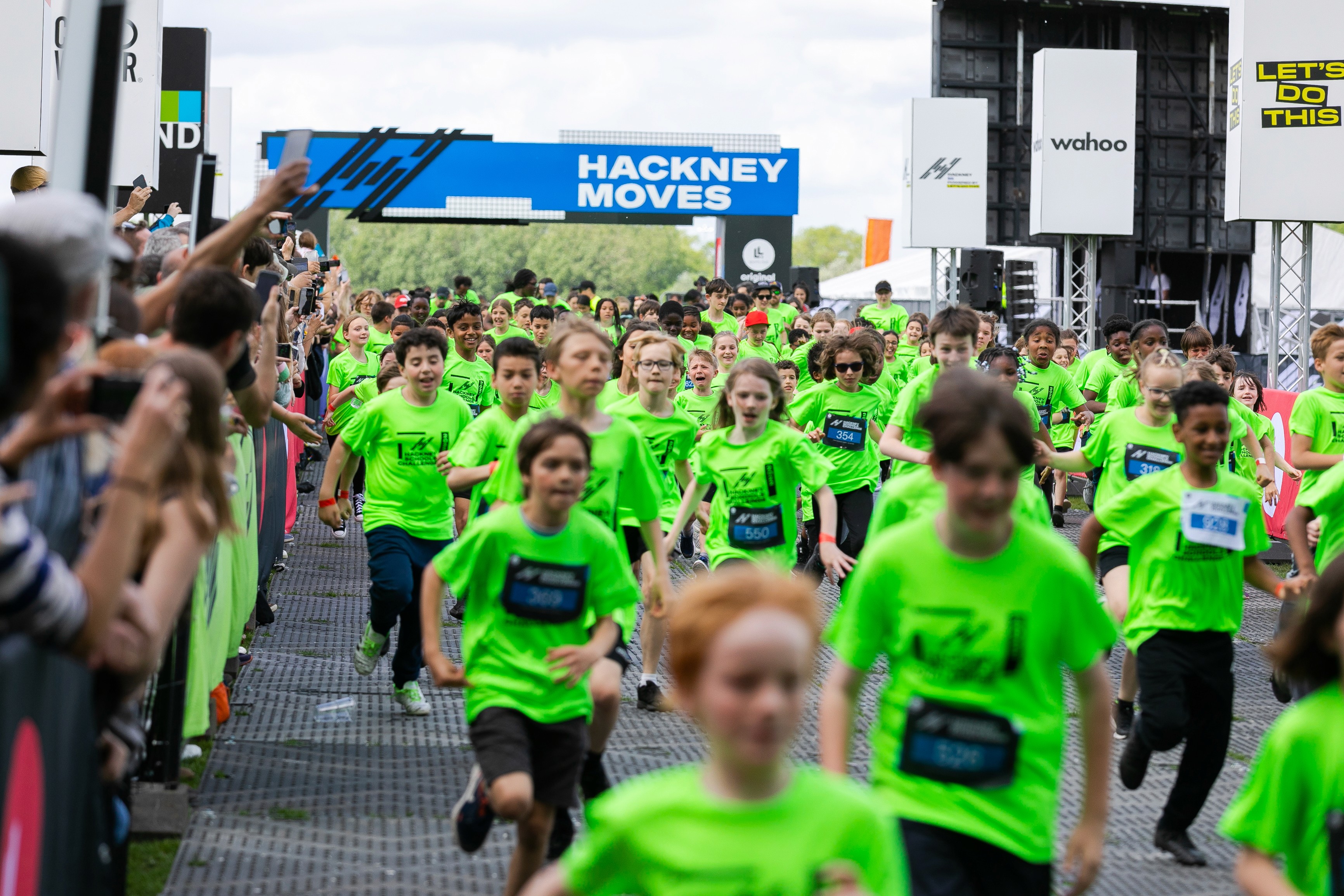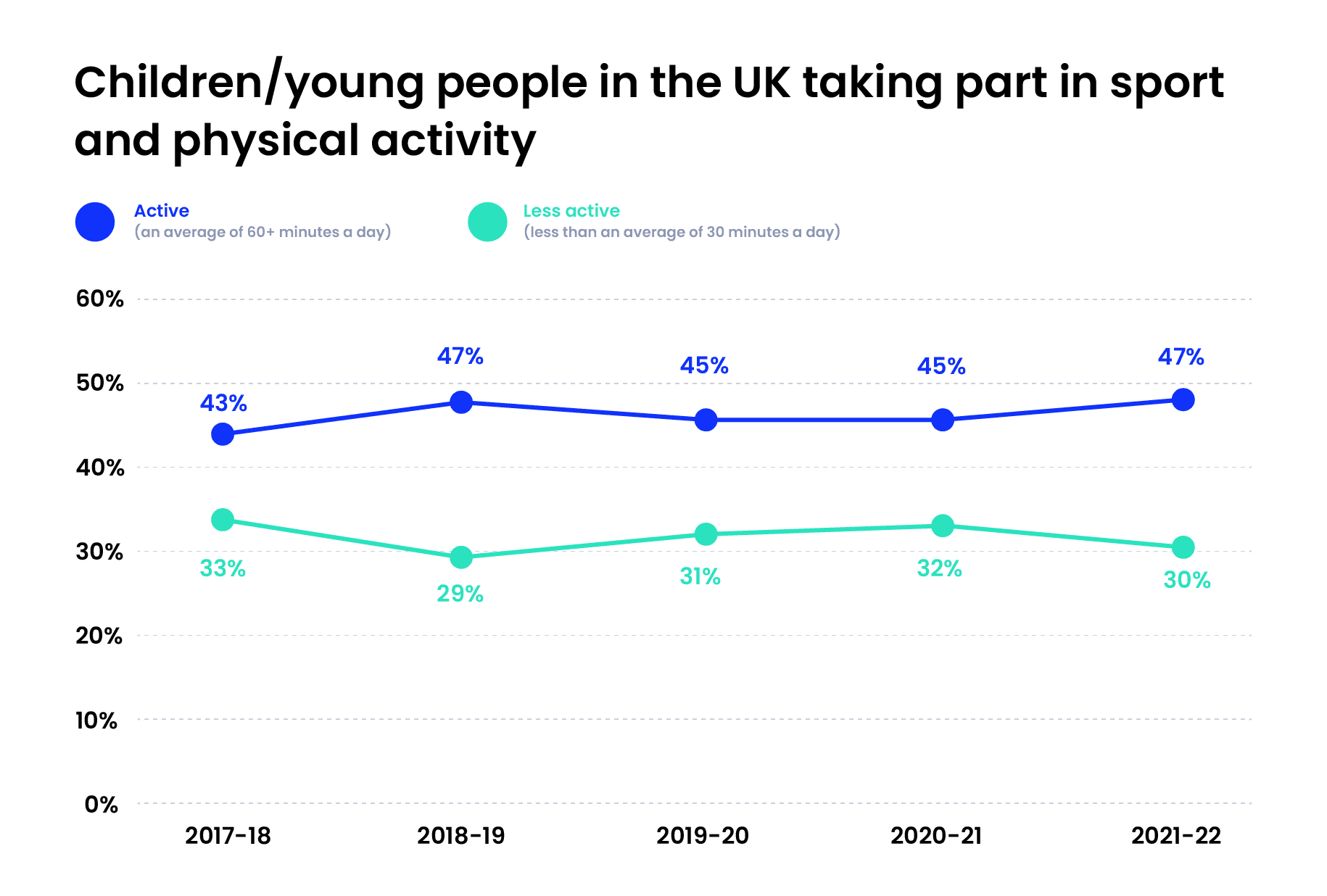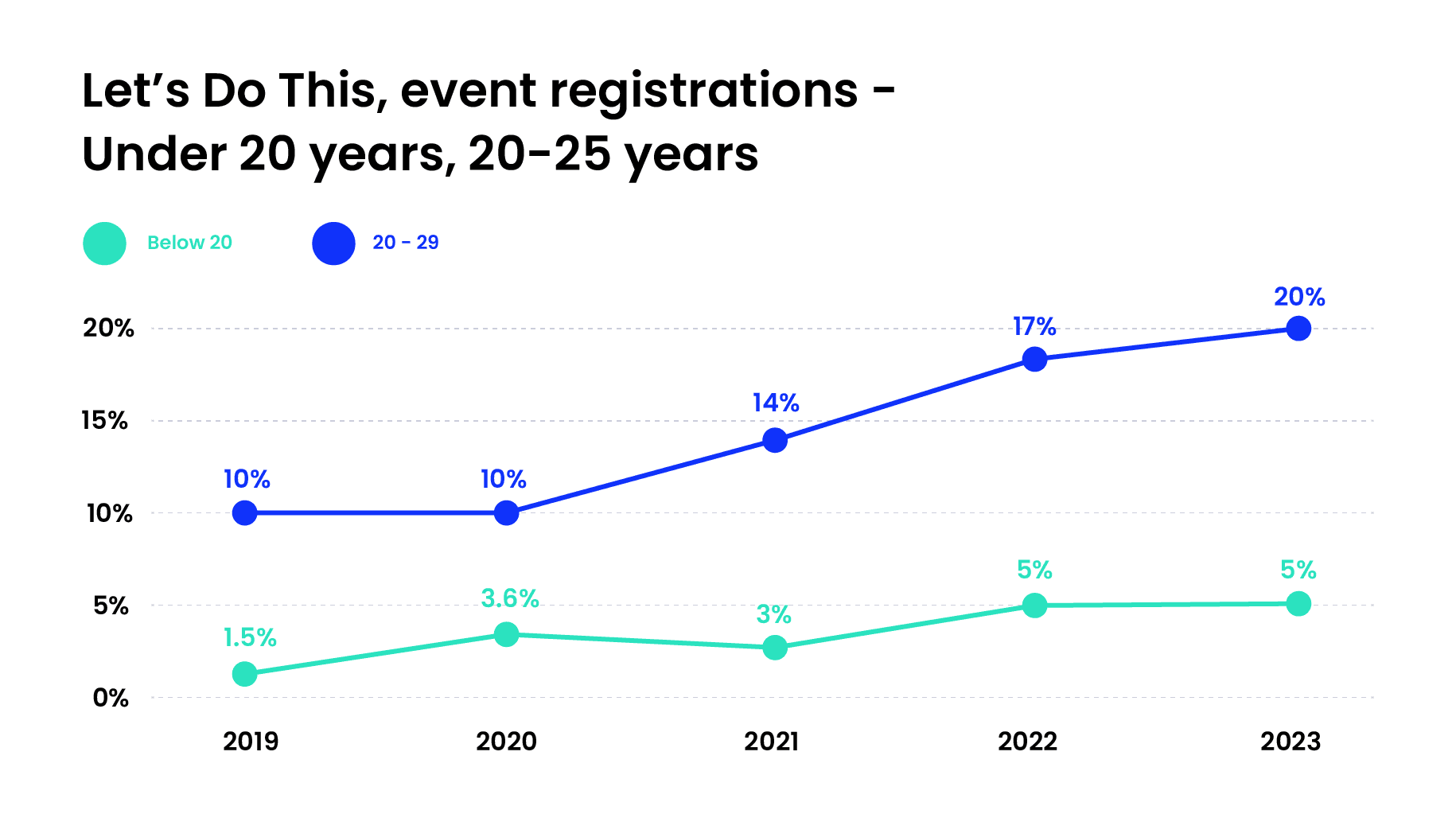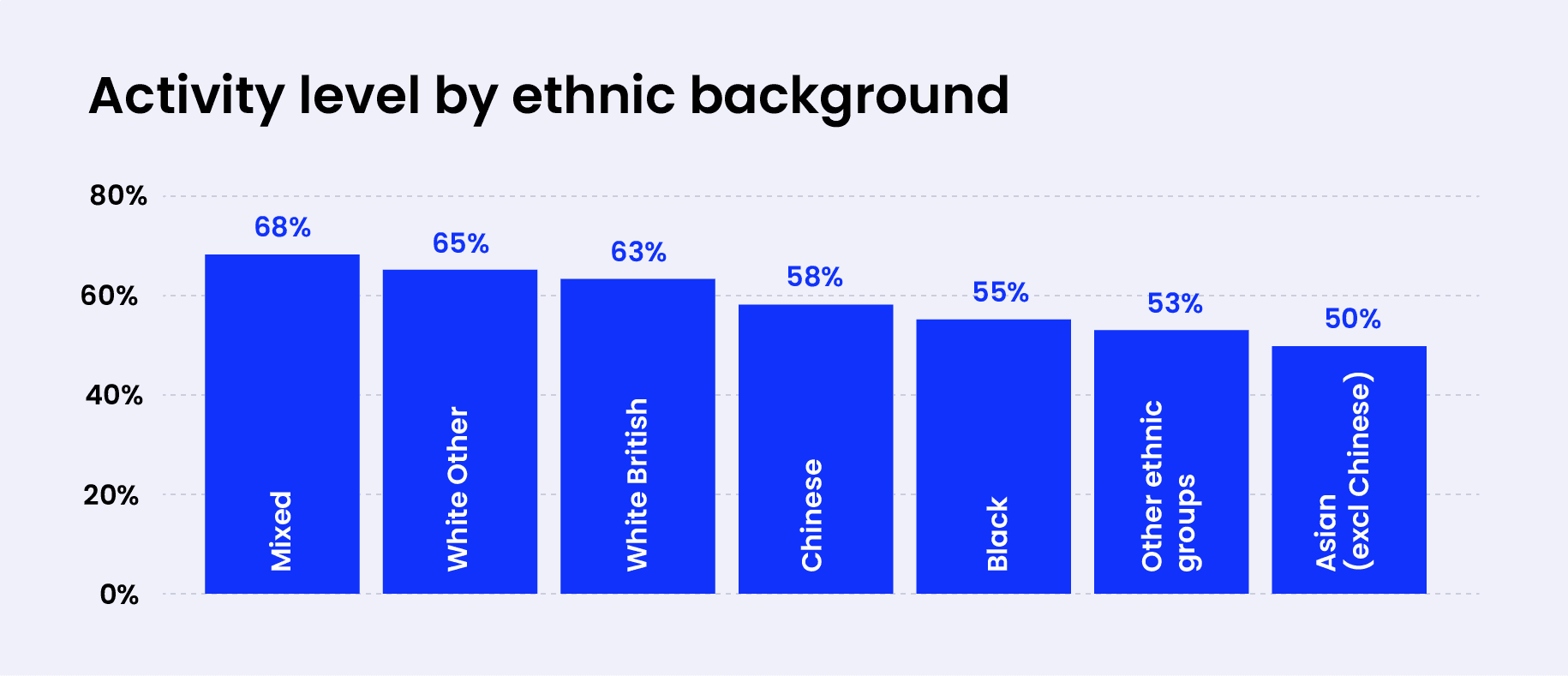As the online company dedicated to getting everyone offline together, we’re delighted to bring together key changemakers across event organization, technology & policy for a trailblazing new day focusing on the Future of Participation.
View guest list
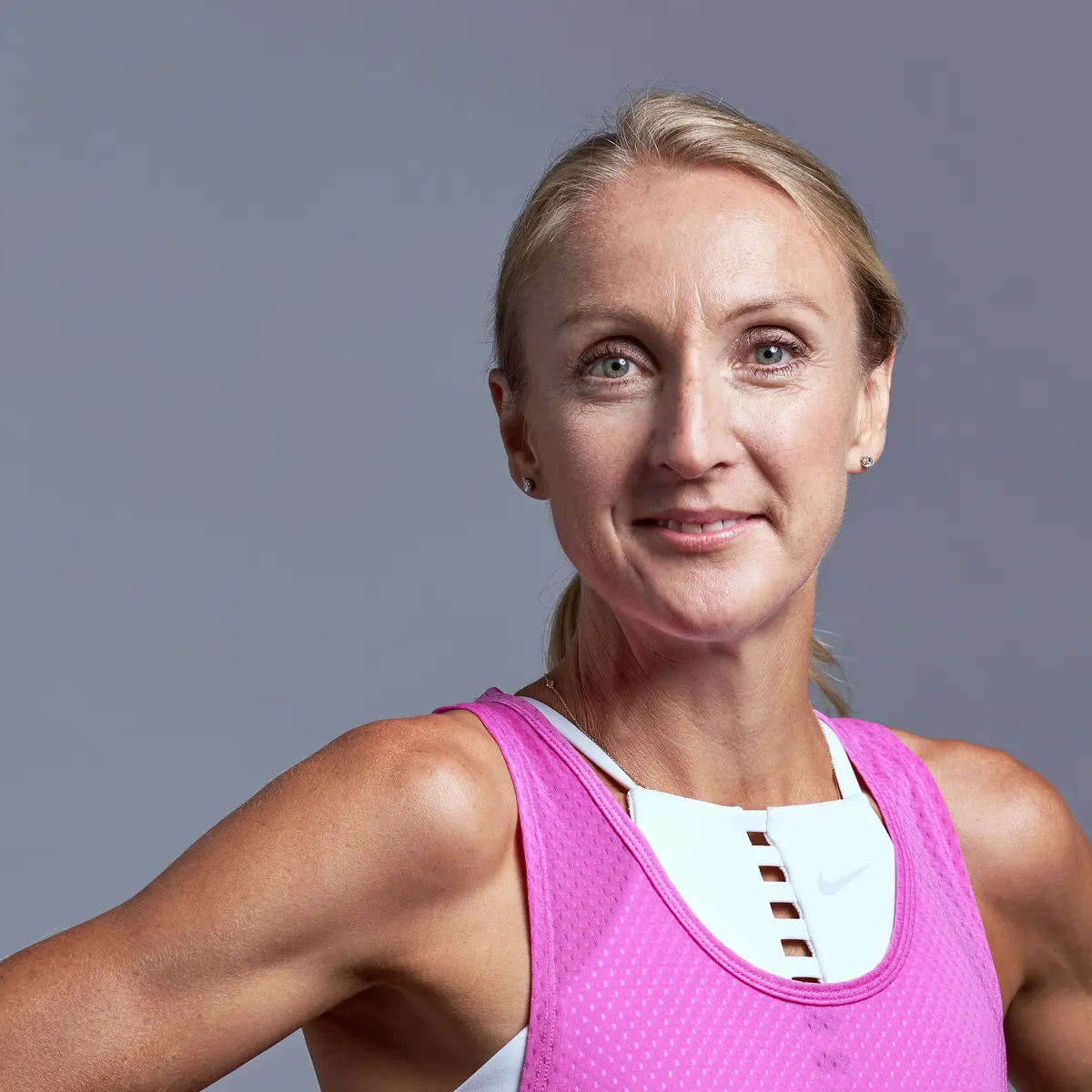
Paula Radcliffe MBE
3x London Marathon Winner & former World Record Holder

Sebastian Coe
President,
World Athletics
Sam Browne
Co-founder & CEO,
Let's Do This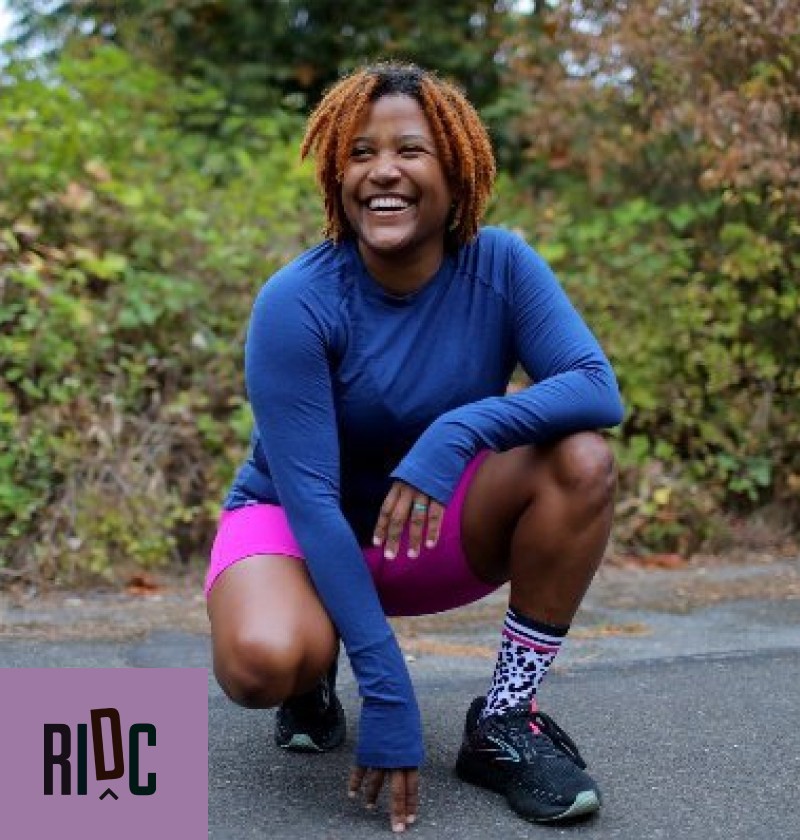
Alison Mariella Désir
Co-founder,
Running Industry Diversity Coalition, Author, Host and Producer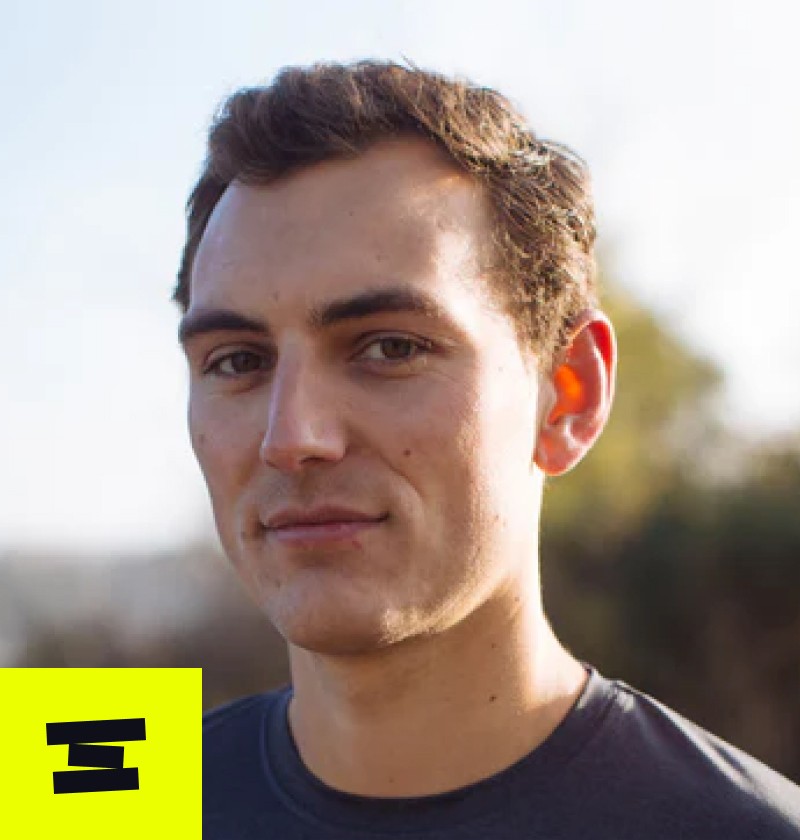
Alex Rose
Co-founder & COO,
Let's Do This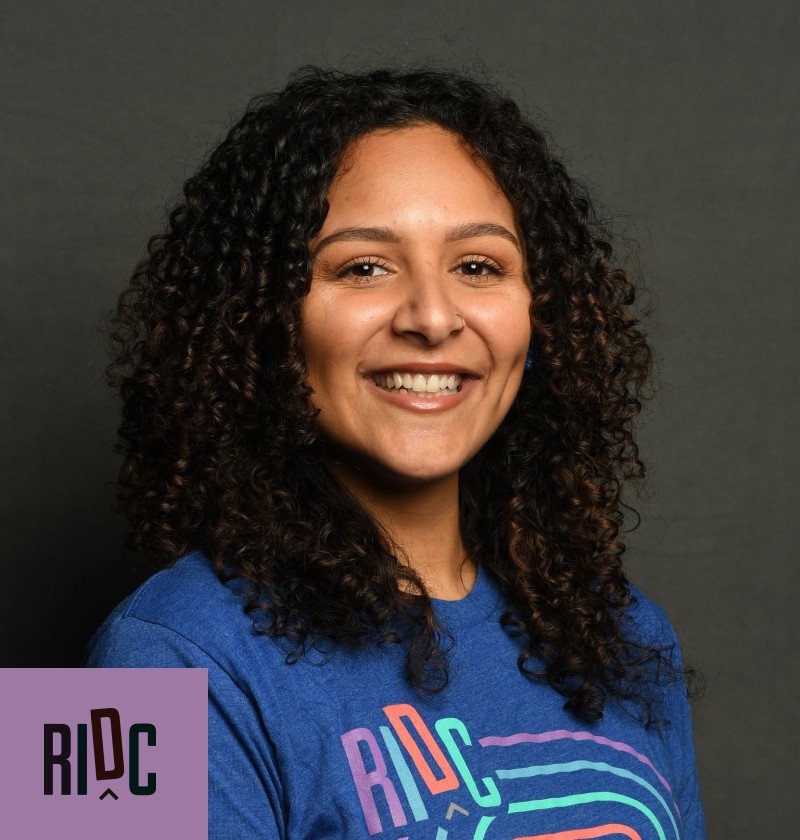
Abigail Sharpless
Program Manager,
Running Industry Diversity Coalition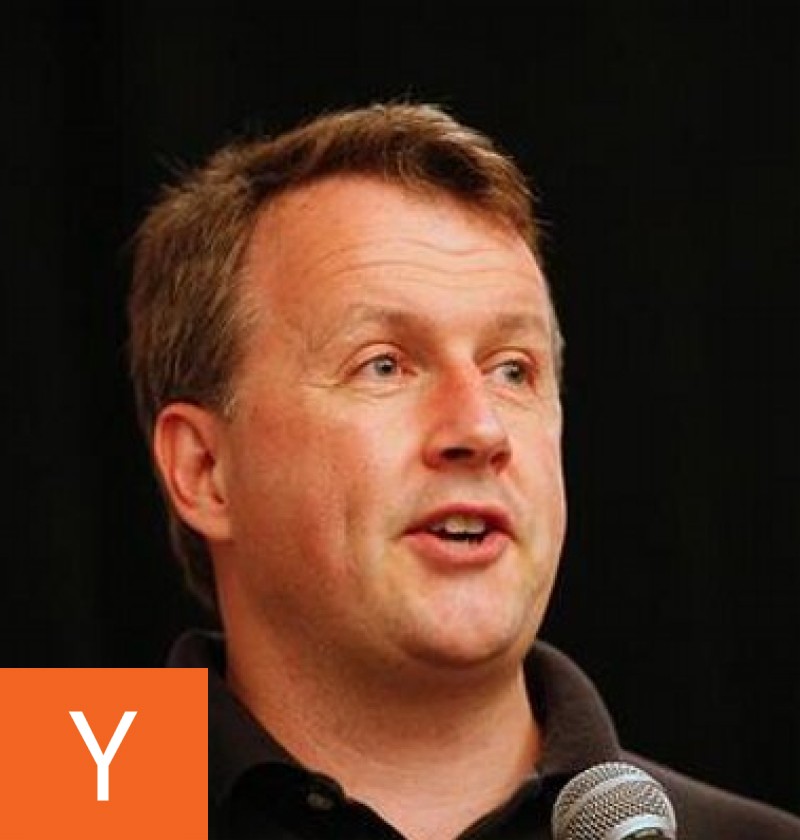
Paul Graham
Co-founder,
Y Combinator; Programmer, Writer, Investor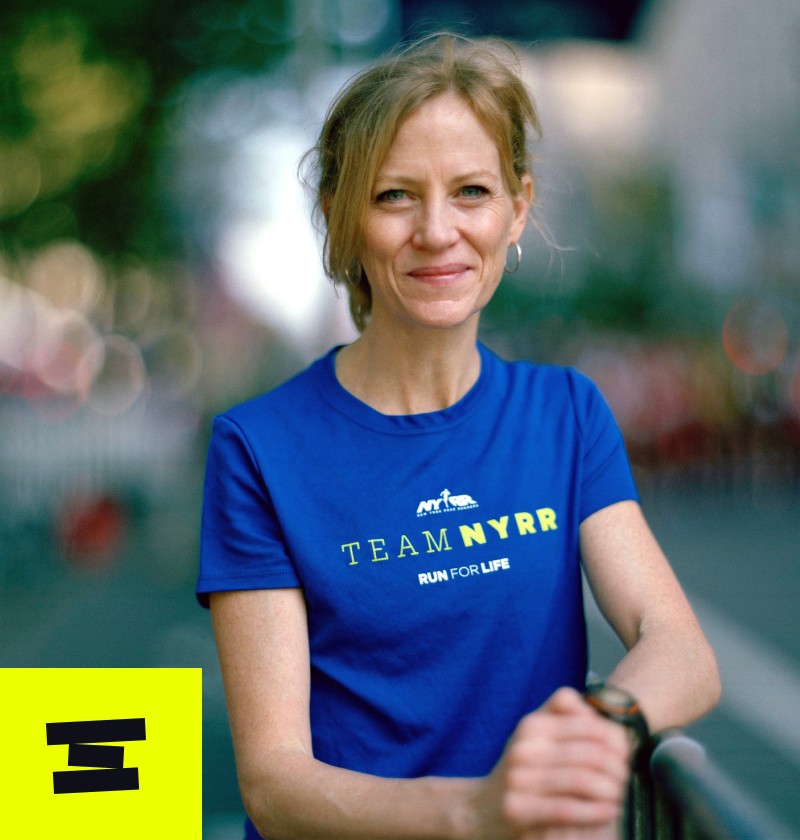
Mary Wittenberg
Board Member,
Let’s Do This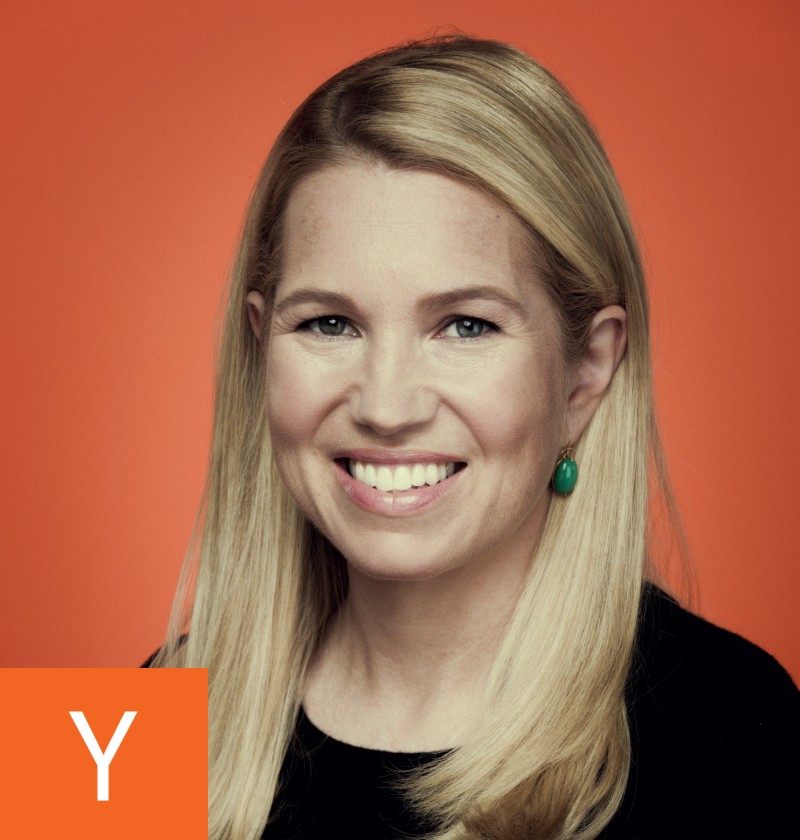
Jessica Livingston
Co-founder,
Y Combinator; Author
Mike Nishi
COO,
Chicago Event Management
Lindsey Gerba
Director, Client Strategy & Integration, Chicago Event Management

Richard Truett
Interim Tech & Digital Projects Director, London Marathon Events

Charles Juba
Director of Digital and Tech, London Marathon Events

Hugh Brasher
Event Director,
London Marathon Events
Hamid Vaghefian
Head of Community Engagement, London Marathon Events

Sanaa Qureshi
Community Engagement and Partnerships Manager London Marathon Events

Matt Holden
Commercial & Memberships Consultant, Limelight Sports
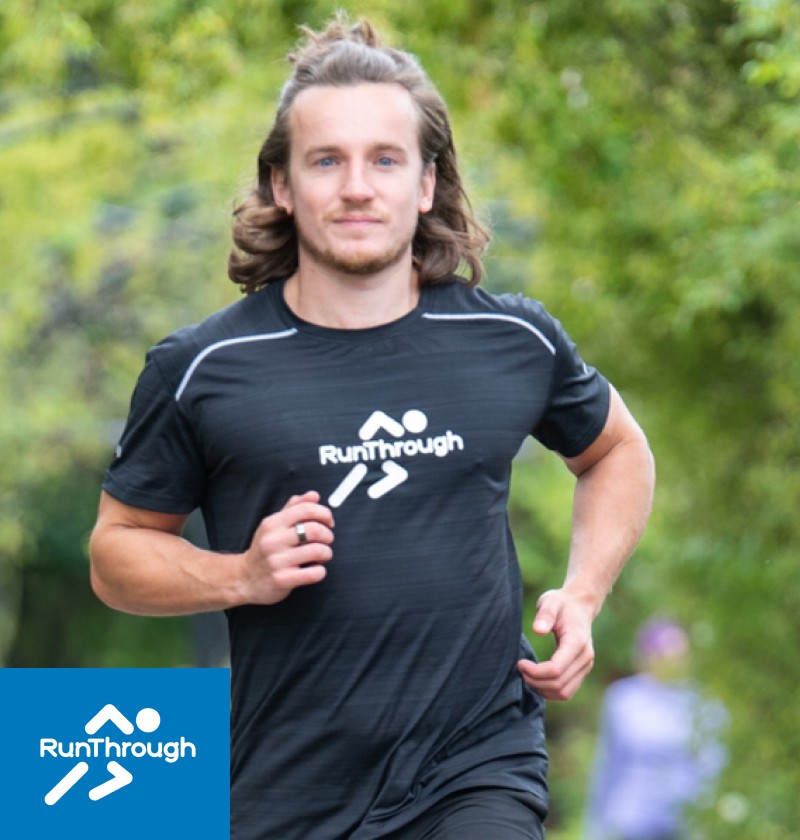
Matt Wood
Co-founder,
RunThrough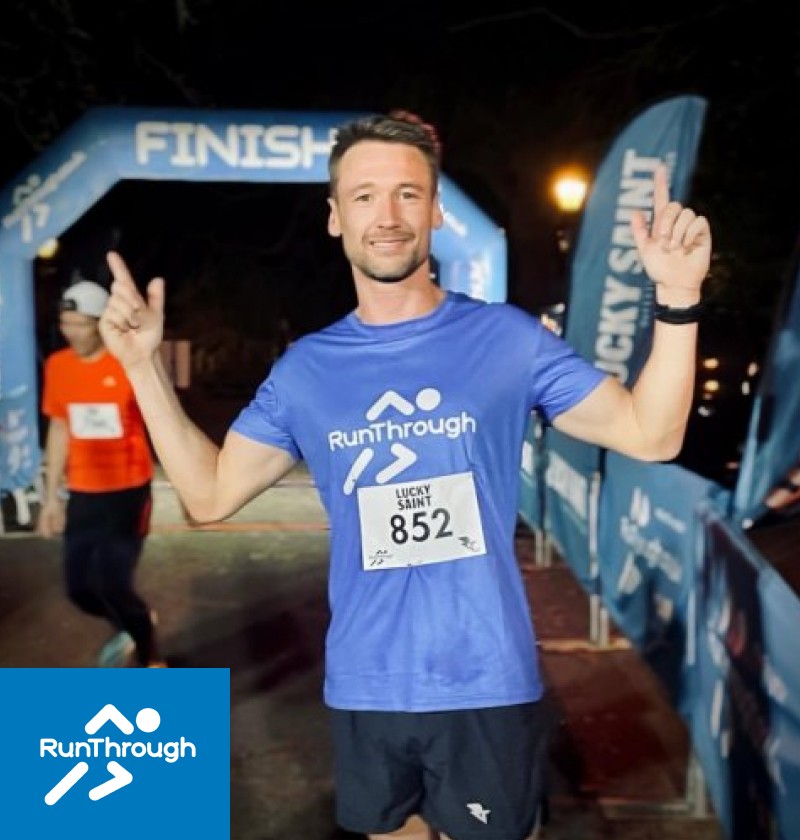
Ben Green
Co-founder,
RunThrough
Harald Mika
CEO,
Mika Timing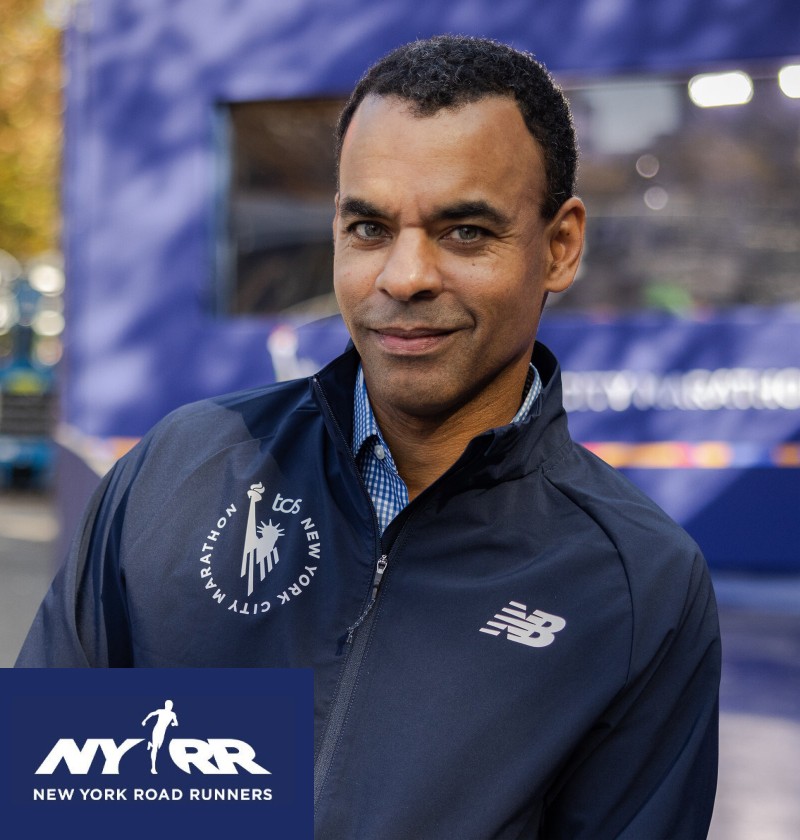
Rob Simmelkjaer
CEO,
New York Road Runners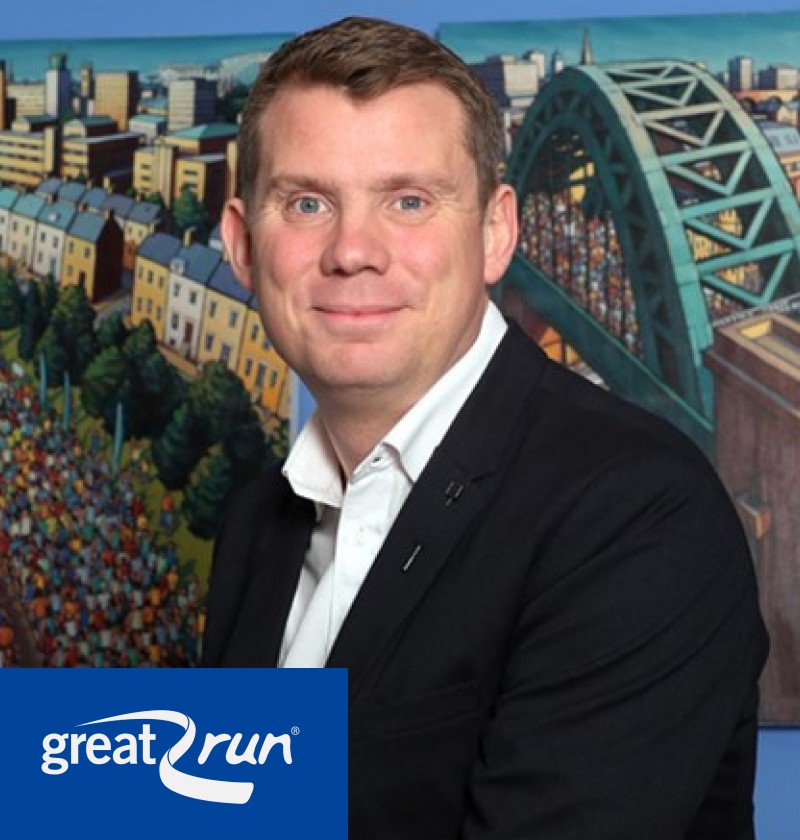
Paul Foster
CEO,
Great Run Company
James Davies Yandle
Founder,
Y11 Sport & Media
Rich Kenah
CEO,
Atlanta Track Club
Dawna Stone
CEO,
Abbott World Marathon Majors
Harry Coe
Co-founder,
Luscid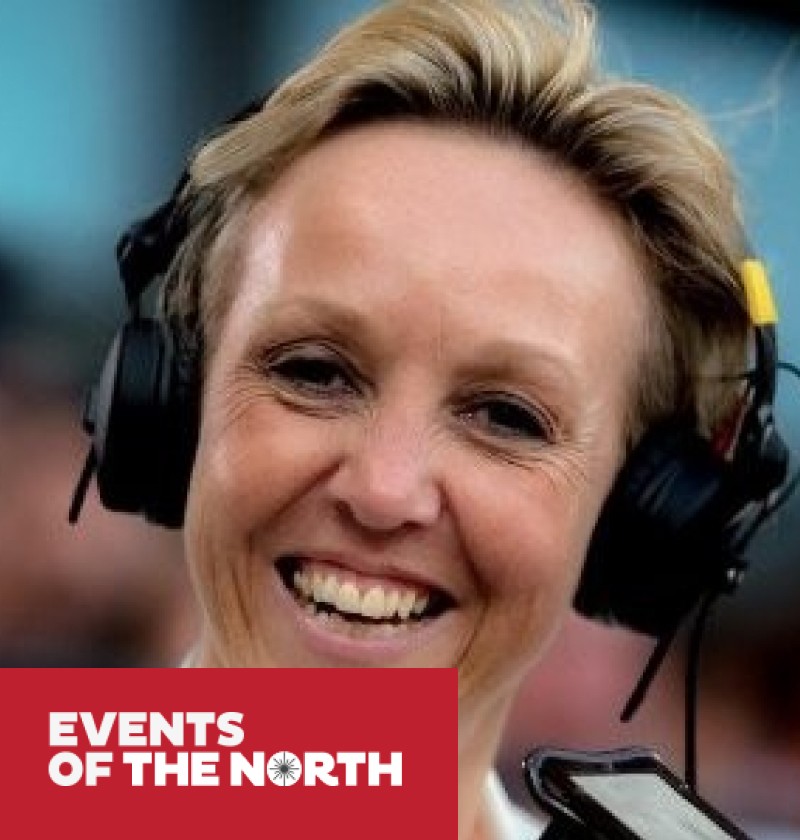
Allison Curbishley
Director,
Events of the North
OVERVIEW
After the challenges of the last 3 years, the positive impact of the mass participation events on society has never been more apparent. But as collective stewards of the industry, how do we secure its long-term growth and success? To discuss further, we’ll be hosting roundtable discussions on two issues central to this question:
Youth Participation
Diversity, Equity and Inclusion (hosted by the Running Industry Diversity Coalition)
The Chatham House Rule will be in effect, and we will brief you on this at the start of the day. As we all work together to inspire activity, this Global Summit will provide a unique opportunity for networking, knowledge-sharing, and honest, inspiring conversation.
Our intention is for this summit to be more than a simple one off. We eventually hope that, together, we’ll be able set 5 year goals for our industry. To facilitate this, we’re keen to discuss data standardisations as an outcome of this meeting, ensuring we're all tracking the same things in the same ways. We will then invite the group to come together every 6 months around a marathon major to check in on progress.
We can’t wait to welcome you!
When & Where
Please arrive at the Let’s Do This offices (directions below) for 08:30 sharp. Upon arrival, inform reception that you’re here for the Let’s Do This summit, and they’ll direct you to up the 8th Floor.
Timings
08:30
Breakfast and guest arrival
09:00
Welcome & opening remarks
09:15
Roundtable #1: Youth Participation
10:15
Coffee break
10:30
Roundtable #2: DEI - The Reality of Racial Justice & The Running Industry
11:30
Concluding remarks
Roundtable #1
Youth Participation
Problem Statement
Despite the vision of the 2012 London Olympics to ‘inspire a generation’, youth participation in sport remains an issue of concern. In the UK, less than half (47.2%) of children & young people meet the Chief Medical Officers’ guidelines of taking part in sport/physical activity for an average of 60 mins or more every day, while 30.1% are considered inactive.
The picture in the USA is similar, with participation in high school sports having decreased by 4% across the country from 2019-2022 (High School Sports Participation Survey 2021-22, NFHS). Globally, the effects of the COVID-19 pandemic continue to be felt, with reductions in physical activity of 20% seen as recently as July 2022 (Global Changes in Child and Adolescent Physical Activity During the COVID-19 Pandemic, Neville).
Whilst our own data at LDT shows that event registrations for the 20-29 and under 20 age brackets have steadily increased over last 5 years, only 11% of event participants are under 25 years (against a population breakdown of of 25% in the UK, 31% in the US), suggesting there is plenty of work to be done.
The youth of today are growing up in a markedly different world to that of their parents. With technology an integral part of daily life - most obviously evidenced through the rise and rise of social media - children and young people are spending an ever increasing amount of time online. With the combination of lagging participation levels and time spent online, how can event organizers and policy makers work together to address this key issue for our industry and inspire activity?
key questions
Roundtable #2
DEI: The Reality of Racial Justice & The Running Industry
Problem Statement
There is racial injustice in the sporting world. In the UK specifically, there are significant differences in the physical activity levels of people from different ethnic backgrounds, with BAME communities less likely to be active vs White/Mixed communities (Active Lives, Sport England). LDT data in the UK shows 91% of participants in events are White, as opposed to 1.4% Black and 4.4% Asian (against a population of 81%, 4.2% and 9.7% respectively - UK Census 2021).
Sport England, Active Lives Children and Young People Survey 2021-22.
This issue extends to those working in the industry itself. A 2020 Diversity in Sports Governance Survey by Sport England revealed fewer than 8% of board members from funding governing bodies (inc. British Cycling, British Triathlon, England Athletics & British Swimming) are from Black, Asian or minority backgrounds. Diversifying boards so that those in decision-making roles understand, embrace and champion DEI is paramount to bringing parity to our industry.
Running Industry Diversity Coalition (RIDC)
Led by the RIDC, this discussion will highlight two fundamental issues driving the history and current state of racial injustice in the running industry: the disparity between the racial demographics of our global population and the racial demographics of running participation and running industry employment; and the disconnect between intent and accountability in the quest for change.
RIDC data shows that the disparity between the racial demographics of the U.S. population and the racial demographics of BIPOC runners is as high as 26 percentage points. We know this issue extends globally as well. Given rapidly changing racial demographics, the gap will escalate if the running industry doesn't create meaningful change quickly. But we're not going to create meaningful change on intent alone. RIDC data also shows a gap between running industry leaders' intention to commit to racial justice and their accountability to act.
In this discussion, RIDC will show the data that spotlights these issues and foster dialogue about the role of your organization - and your leadership - in creating the meaningful change necessary to tackle the issues and achieve racial justice in the running industry.
